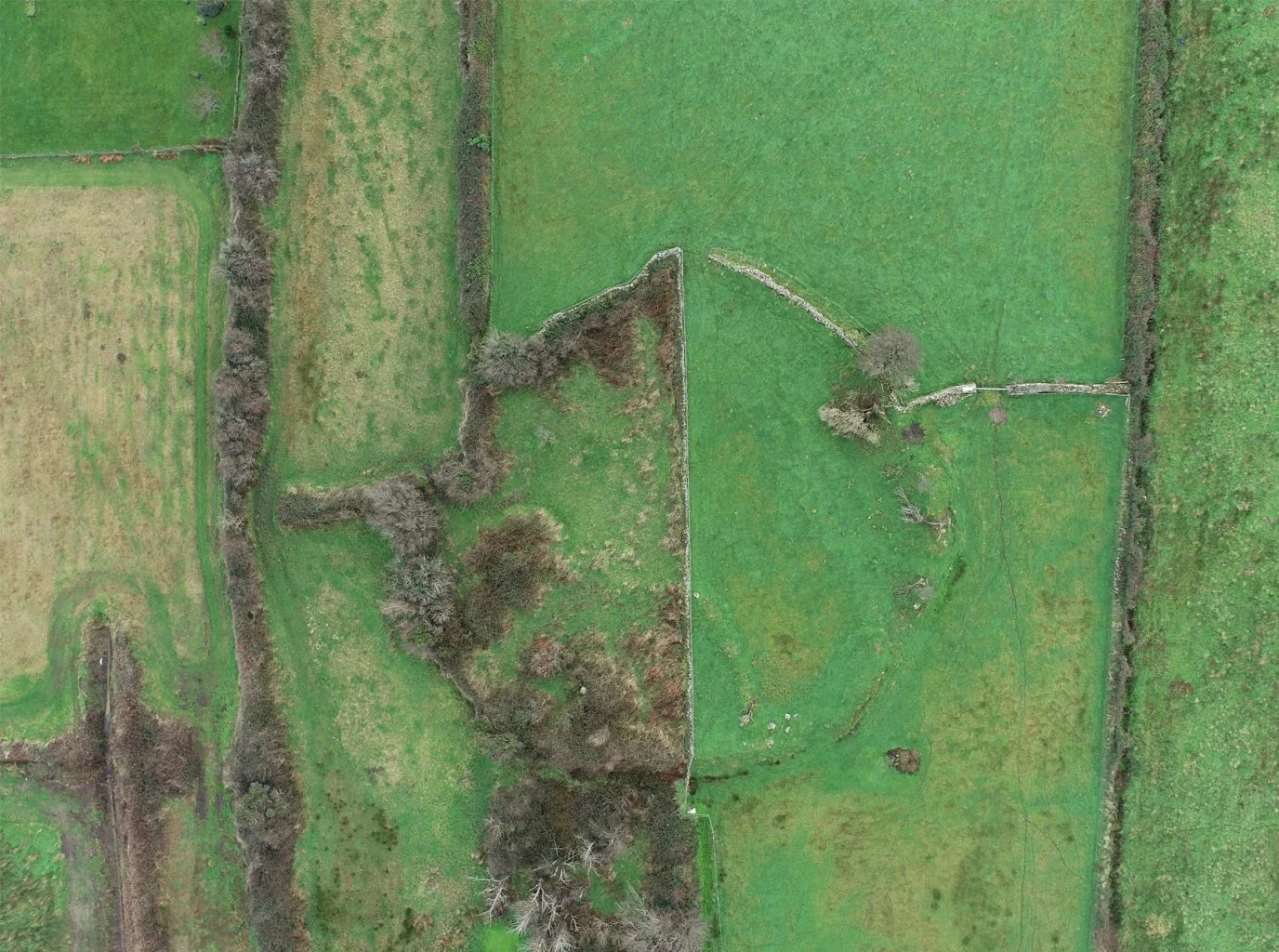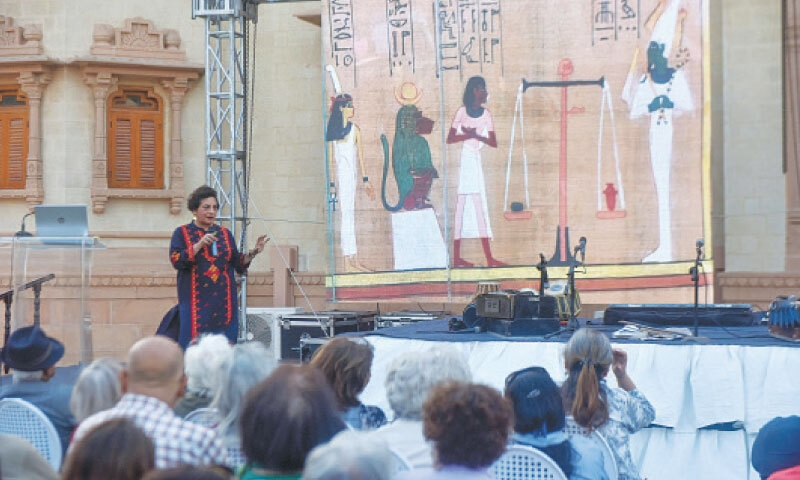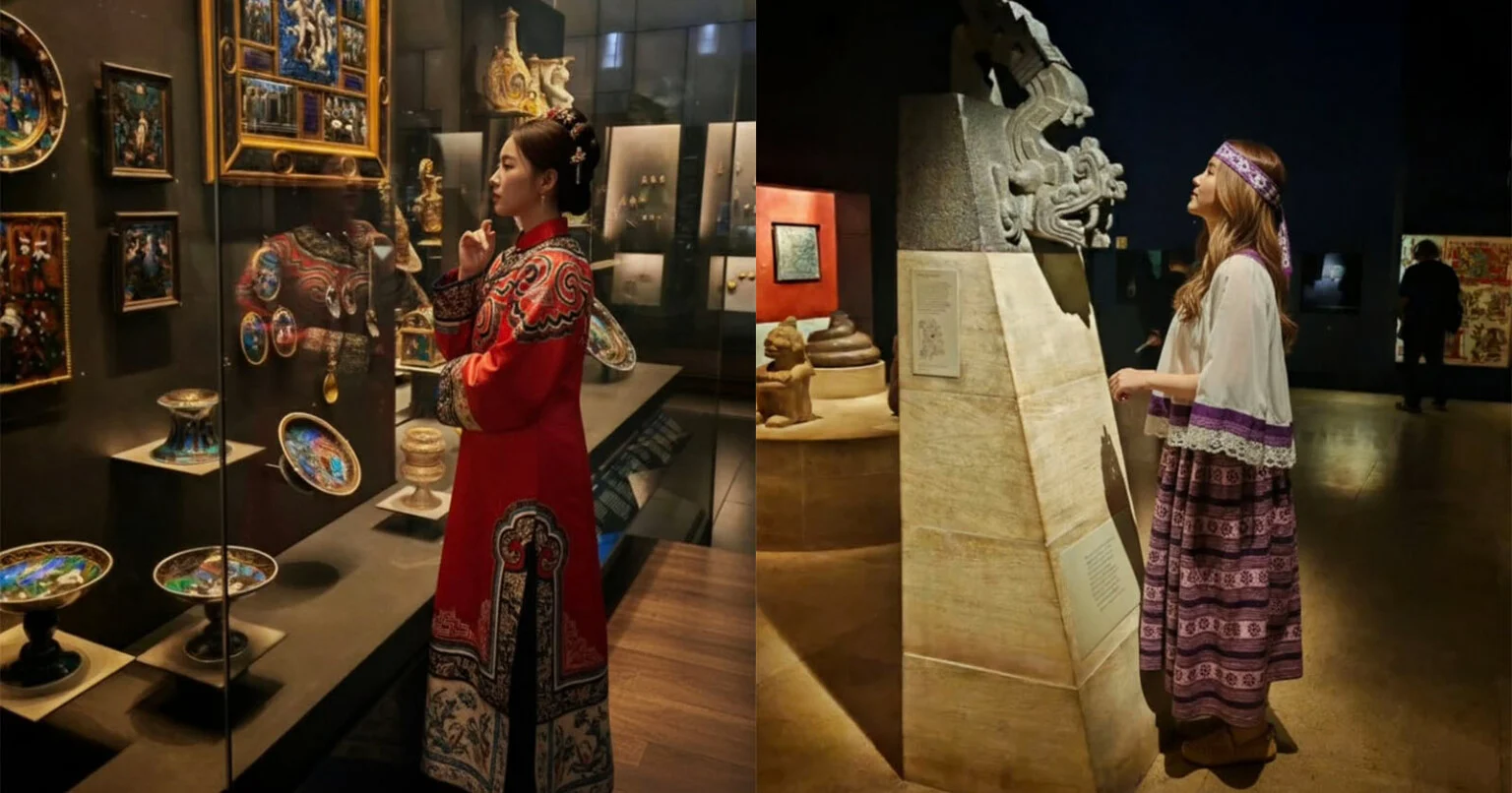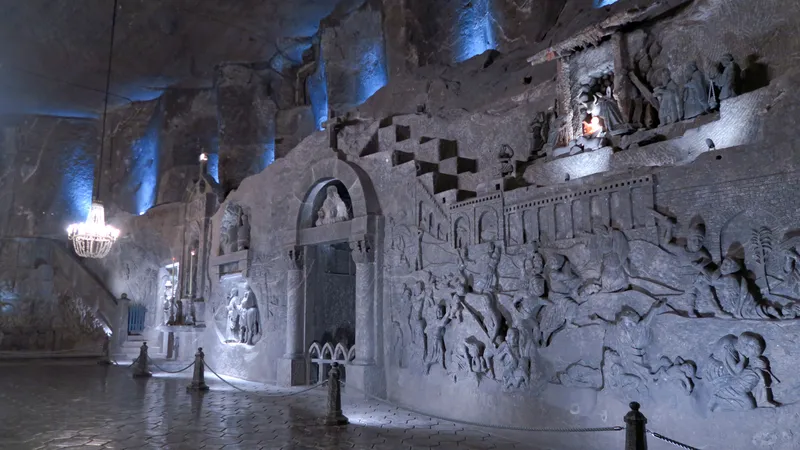Introduction
The Trojan War, one of the most iconic conflicts in ancient history, is primarily known through Homer’s epic poems, the Iliad and the Odyssey. This war, fought between the Greeks (Achaeans) and the Trojans, has been immortalized in literature, art, and archaeology. While its historicity remains debated, its legendary battles have shaped Western military and mythological traditions. This article explores the key battles of the Trojan War, their significance, and their lasting impact.
The Origins of the Trojan War
According to myth, the war was triggered by the abduction of Helen, wife of the Spartan king Menelaus, by Paris, a prince of Troy. In response, the Greeks assembled a vast coalition under Agamemnon, king of Mycenae, and set sail for Troy. The war lasted ten years, culminating in the destruction of Troy.
Notable Battles of the Trojan War
1. The Greek Landing at Troy
The first major confrontation occurred when the Greek fleet reached the shores of Troy.
The Trojans, led by Hector and other commanders, fiercely defended their city.
The Greeks eventually established a beachhead and began their siege.
2. The Duel Between Paris and Menelaus
A pivotal early battle featured Paris and Menelaus in single combat to settle the war.
Menelaus overpowered Paris, but the latter was saved by divine intervention from Aphrodite.
This event demonstrated the gods’ role in the war and prolonged the conflict.
3. The Battle Over Patroclus’ Body
Patroclus, Achilles’ closest companion, donned Achilles’ armor and led an assault against the Trojans.
He achieved significant victories but was ultimately slain by Hector.
The battle over his body became one of the most intense engagements of the war, leading to Achilles’ return to combat.
4. Achilles’ Revenge and the Death of Hector
Enraged by Patroclus’ death, Achilles rejoined the war and slaughtered countless Trojans.
He confronted Hector in single combat outside Troy’s gates, ultimately killing him.
Achilles then desecrated Hector’s body, dragging it behind his chariot, showcasing both his rage and Greek brutality.
5. The Trojan Horse and the Fall of Troy
The Greeks, unable to breach Troy’s walls, devised the famous wooden horse stratagem.
They left the horse as an apparent offering to the gods and feigned retreat.
The Trojans brought it into the city, unaware that Greek warriors were hidden inside.
At night, the Greeks emerged, opened the gates, and sacked Troy, ending the war.
Conclusion
The battles of the Trojan War, whether myth or reality, continue to captivate scholars, historians, and enthusiasts. They illustrate themes of heroism, strategy, divine intervention, and human conflict that have influenced military and literary traditions for millennia. While archaeology has uncovered possible evidence of a historical conflict at Hisarlik (modern-day Troy), the war’s legendary battles remain an enduring part of Western heritage.







